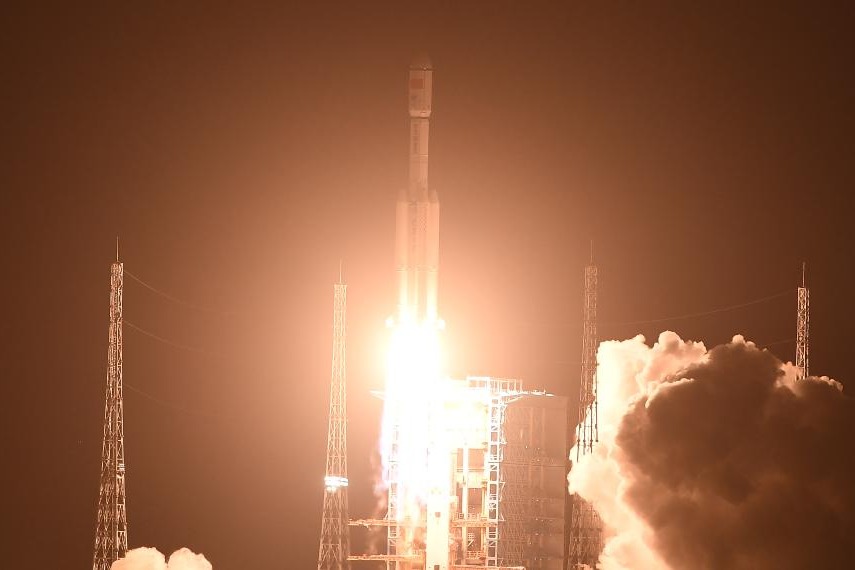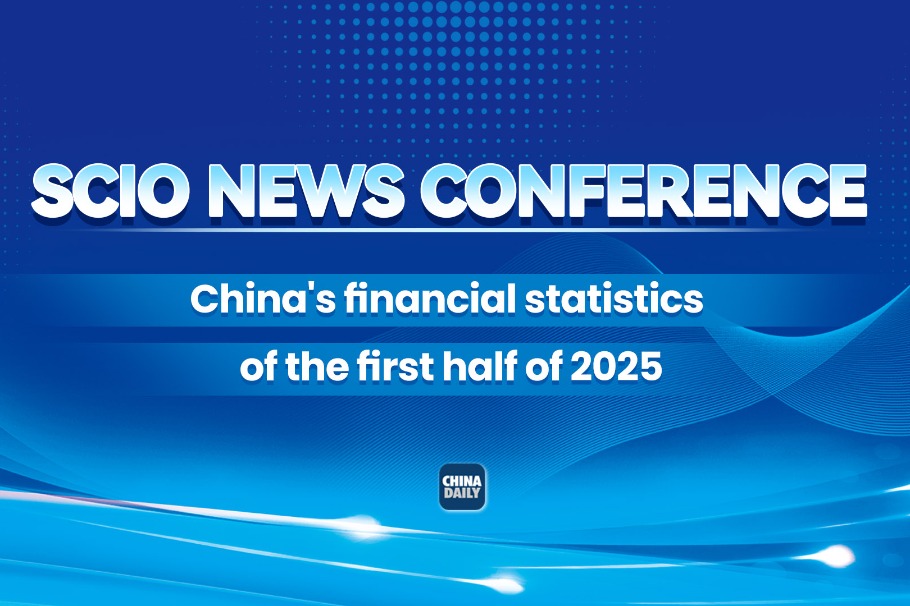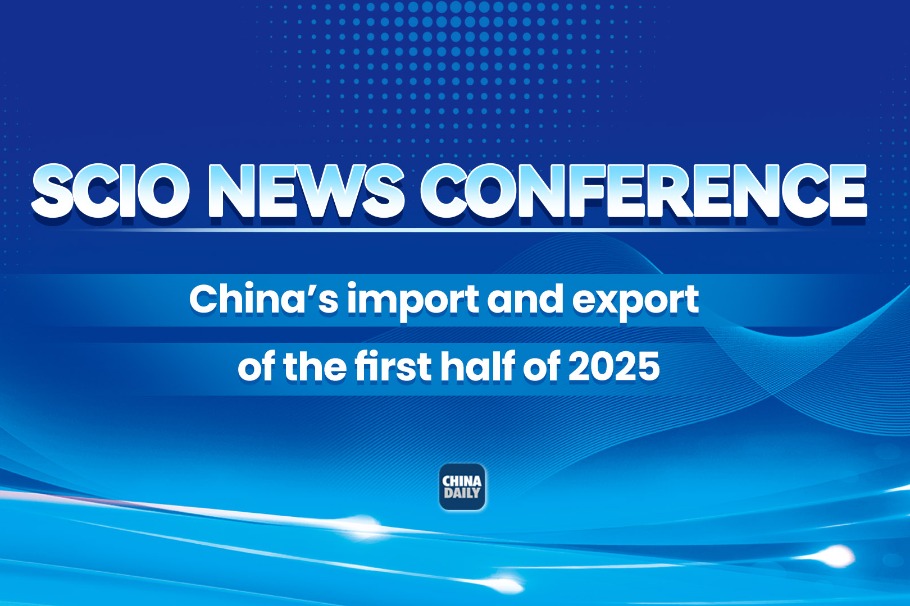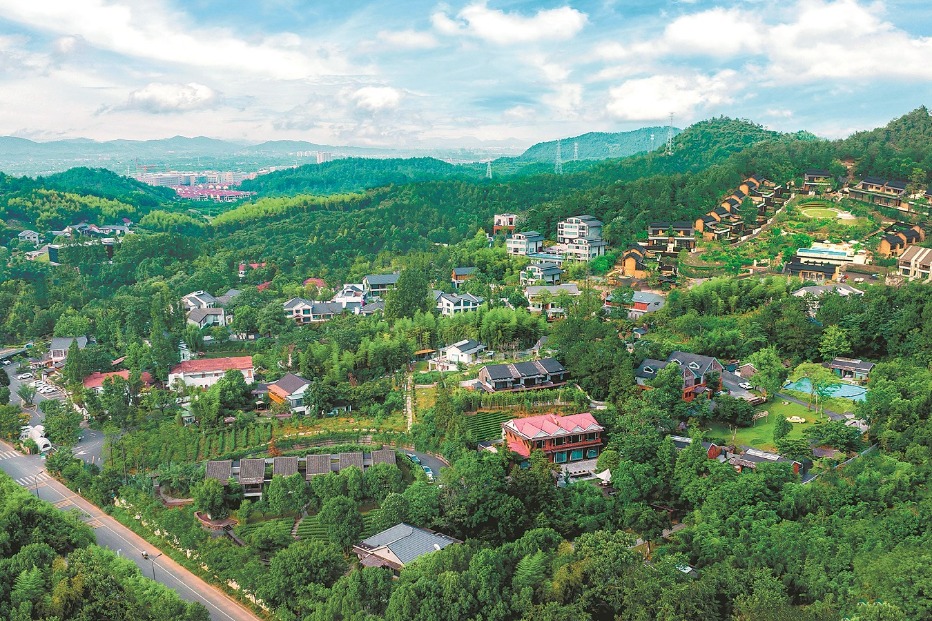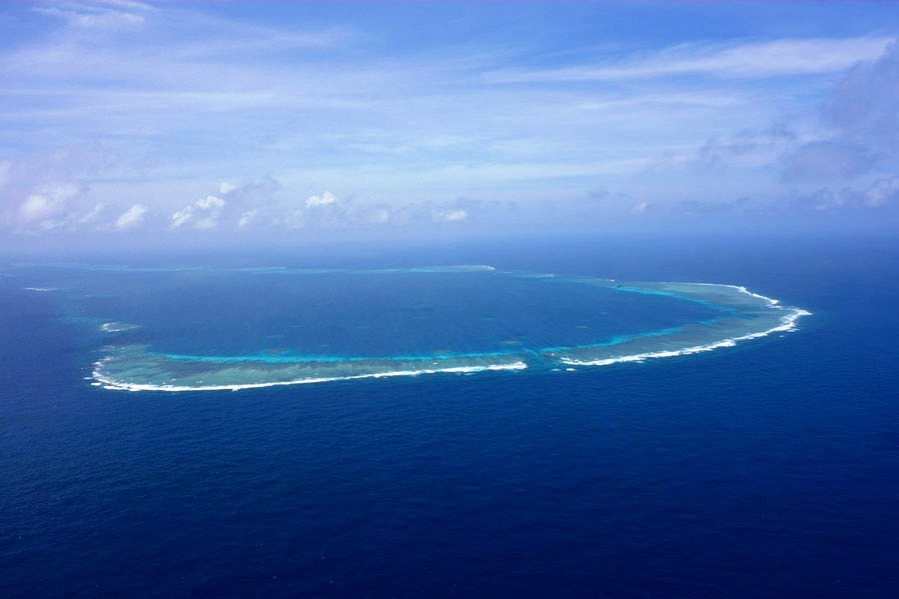Protect polar regions to prevent climate crisis


Countries around the world need to address the environmental and climate problems caused by rapid industrialization, excessive exploitation of natural resources and increased consumption over the past 200 years by, for instance, establishing mechanisms to reduce carbon dioxide emissions. This is necessary to protect the polar regions, which influence global climate through a number of processes.
The Earth's snow and ice covers are melting at more than twice the average rate because of global warming. As spring snow and summer sea ice cover decrease due to increasing human activity, more heat is absorbed at the surface, and there is growing evidence that ongoing changes in the Arctic, primarily sea ice loss, can potentially influence mid-latitude weather. As temperatures increase in the Arctic, permafrost soils in northern regions store less carbon, and the release of carbon dioxide and methane from the land into the atmosphere will further contribute to global warming.
By the way, greenhouse gas emissions (GHG) have hit at an all-time high with 54 billion tons of CO2 being emitted every year. Global warming is significantly changing the polar ecosystem, because polar animals, plants and microorganisms are more sensitive to temperature rise, and the polar ecosystem is much more fragile than other ecosystems.
Hence, any damage to the polar ecosystem can affect the living conditions of humans. And if the destructive phenomenon continues, the deterioration of the polar ecosystem and climate change will form a vicious circle.
Since reducing GHG emissions is key to protecting the polar environment and addressing climate change, it is essential to establish, as early as possible, a uniform mechanism for fixing responsibilities, accounting, pricing and monitoring GHG emissions in order to ensure the world achieves the goals of the UN Framework Convention on Climate Change and the Paris Agreement on schedule.
The debate on the definition and accounting of GHG emissions is focused on four areas: the polluter-pays principle, the user-pays principle, the beneficiary-pays principle, and the sharing responsibility principle. The existing carbon accounting system follows the polluter-pays principle, which has some inherent disadvantages.
The existing global value chain, international division of labor, and complex industry and supply chains were formed on the basis of economic globalization that began in the 1970s, closely linking the production, circulation and consumption across the world. Global trade has unwittingly caused the export and import of huge amounts of carbon emissions, whose relations with the goals and responsibility of carbon neutrality should be made clear.
As such, consensuses should be reached on five issues by all countries. First, all the countries should reach a consensus on working together to address climate change.
Second, there should be an agreement on the fact that all countries' right to carbon emissions is equal and users should bear the cost of carbon emissions from the products they use.
Third, there should a global agreement saying consumers have the right to know and choose, and digital technologies should be used to measure the carbon footprint of users, and ensure real-time market information and prices are timely disseminated.
Fourth, a global agreement is required to make sure developed and developing countries all shoulder their due responsibilities for emitting carbon, with high carbon emitters bearing a much higher cost.
And fifth, a consensus is needed to make sure carbon emissions accounting is standardized to promote global free trade.
Besides, stricter measures should be taken to better protect the fragile polar environment. Since human activities are more frequent in the Arctic than the Antarctic, it is necessary to attach more importance to the former's environment and treat the Arctic as very important part of the global ecosystem that should be well protected.
The impact of human activity on the Arctic's ecological environment should be minimized, by cautiously using local energy and resources, and reducing mining, fishing and tourism as much as possible, limiting pollutant emissions and better protecting natural habitats, and facilitating the increase of wild animals. In particular, indiscriminate hunting and fishing should be banned.
The marine environment is a significant part of the polar environment, so countries around the Arctic Ocean must reduce land-based pollutants in accordance with international norms, and check the sources of marine environmental pollution, such as shipping emissions, ocean dumping and air pollution.
The international community needs to cooperate more closely and deeply to protect the polar environment and ecology, and international organizations should provide financial and technological support to countries in the polar region to conduct research and establish an inclusive monitoring network.
The North and South Poles have great research value, with the former playing an important role in many fields including strategy, trade, sea channels and natural resources against the backdrop of climate change. The Antarctic enjoys peace and stability thanks to the Antarctic Treaty, which prohibits countries from laying any claim to territorial sovereignty in Antarctica.
In contrast, no uniform global treaty has been adopted to protect the North Pole, and the Russia-Ukraine conflict has interrupted the Arctic Council's operations.
Polar regions, especially the Arctic, offer new development opportunities as well as risks. The Arctic belongs to the world and it is the international society's responsibility to ensure it continues to enjoy peace and development.
The international community needs to establish a mechanism to encourage countries, organizations and NGOs to cooperate in fields such as climate change, scientific research, environmental protection, sea channels, resources and talent, with the United Nations playing a bigger role in the mechanism.
In other words, all countries should join hands to protect the polar region's environment to mitigate the effects of climate change.
The author is a distinguish professor at the Center for Chinese Economic Studies for the China Institute for Innovation&Development Strategy, Tongji University. The views don't necessarily reflect those of China Daily.
If you have a specific expertise, or would like to share your thought about our stories, then send us your writings at opinion@chinadaily.com.cn or comment@chinadaily.com.cn.
















